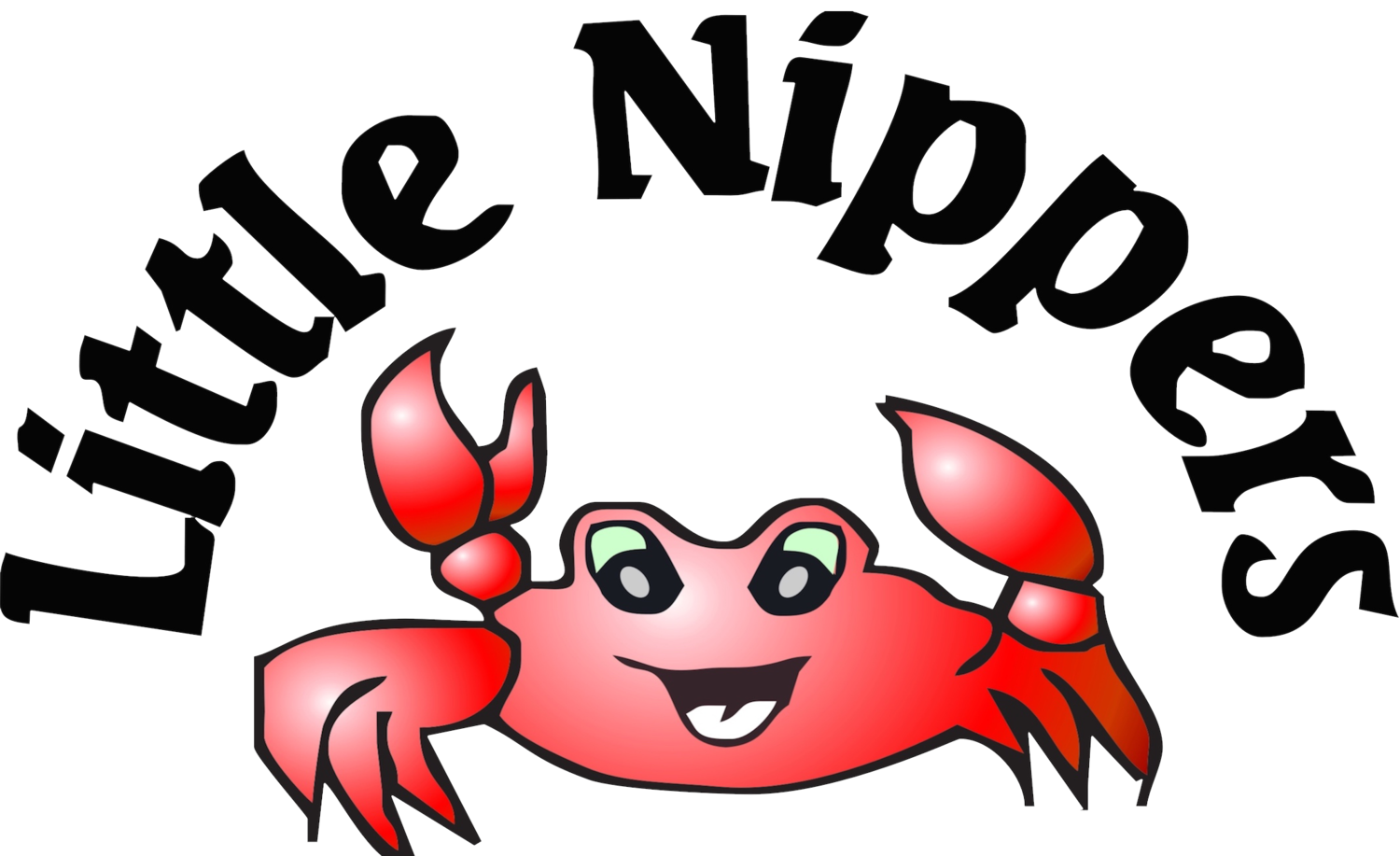
Learning
Children start to learn about the world around them from the moment they are born. The care and education offered by our setting helps children to continue to do this by providing all of the children with interesting activities that are appropriate for their age and stage of development.
At Little Nippers we are here to care for, nuture and educate each child, supporting them to develop and grow. Our environment is carefully planned to enable the children to be independent learners and thinkers. Our planning is led by the children’s interests to create enticing learning experiences.
Our big focus is to get the children school ready, to do this we work closely with Mevagissey Primary School and their Reception Teacher. We focus on the children being confident independent individuals who are ready for the next step in their education.
Key persons and your child
At Little Nippers we have a Keyworker system in place. Your child will be assigned a keyworker who will be responsible for ensuring all that we provide is right for your child’s needs and interests. They plan for each individual child to support their development through each area of learning within the EYFS. We are a small team and are proud to say we have close bonds with all our children and understand their individual needs and development.
Numbers
We have a maximum of 24 children in the setting at any one time to enable us to give the best possible care and attention to the children.
Children's development and learning
The provision for children's development and learning is guided by The Early Years Foundation Stage (DCFS 2021). From September 2008 the Early Years Foundation Stage became law. This brings together Birth to Three Matters and the Curriculum Guidance for the Foundation Stage. Our provision reflects the 3 prime and 4 specific areas of the Early Years Foundation Stage.
A Unique Child
Positive Relationships
Child Development: Skilful communicator, competent learner.
Inclusive Practice: Equality and diversity, children’s entitlements, early support.
Keeping Safe: Being safe and protected, discovering boundaries, making choices.
Health and Well-being: Growth and developing, physical and emotional wellbeing.
Enabling Environments
Observation, Assessment and Planning: Starting with the child, planning, assessment.
Supporting Every Child: Children’s needs, the learning journey, working together.
The Learning Environment: The emotional environment, the outdoor environment, the indoor environment.
The Wider Context: Transitions and continuity, multi-agency working, the community.
Respecting Each Other: Understanding feelings, friendship, professional relationships.
Parents as Partners: Respecting diversity, communication, learning together.
Supporting Learning: Positive interactions, listening to children, effective teaching.
Key Person: Secure attachment, shared care, independence.
Learning and Development
Play and Exploration: Learning through experience, adult involvement, contexts for learning.
Active Learning: Mental and physical involvement, decision making, personalised learning.
Creativity and Physical Thinking: Making connections, transforming and understanding, sustained shared thinking.
Areas of Development and Learning.
Our Ethos
Our setting aims to:
Provide high quality care and education for children below the statutory school age.
Work in partnership with parents and carers to help children learn and develop.
Add to the life and well-being of the local community.
Offer children and their parents a service that promotes equality and values diversity.
As a community based, voluntary managed setting we also depend on the goodwill of parents and their involvement to keep going.
We aim to ensure that each child:
Is in a safe and stimulating environment.
Is given generous care and attention because our ratio of qualified staff to children, as well as volunteer parent helpers.
Has the chance to join with other children and adults to live, play, work and learn together.
Is helped to take forward his/her learning and development by being helped to build on what she/he already knows and can do.
Has a personal key person who makes sure each child makes satisfying progress.
Is in a setting that sees parents as partners in helping each child to learn and develop.
Is in a setting in which parents help to shape the services it offers.

